A bit more on how I’ve increased my author income stream over the last 7 seven years so that I can make my living as a writer, my strategies, why a robust backlist is key, and how I’m refining my approach for 2023.
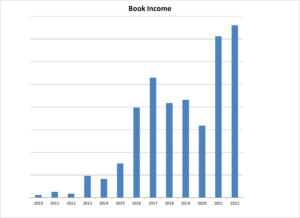
RITA ® Award-Winning Author of Fantasy Romance

A bit more on how I’ve increased my author income stream over the last 7 seven years so that I can make my living as a writer, my strategies, why a robust backlist is key, and how I’m refining my approach for 2023.


I’m reviewing my author earnings for 2022 as compared to prior years, talking trad vs. indie income and how a robust backlist is key to earning a living as a write. Also some distressing news about Robin Perini.
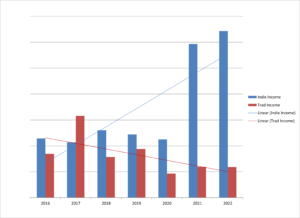
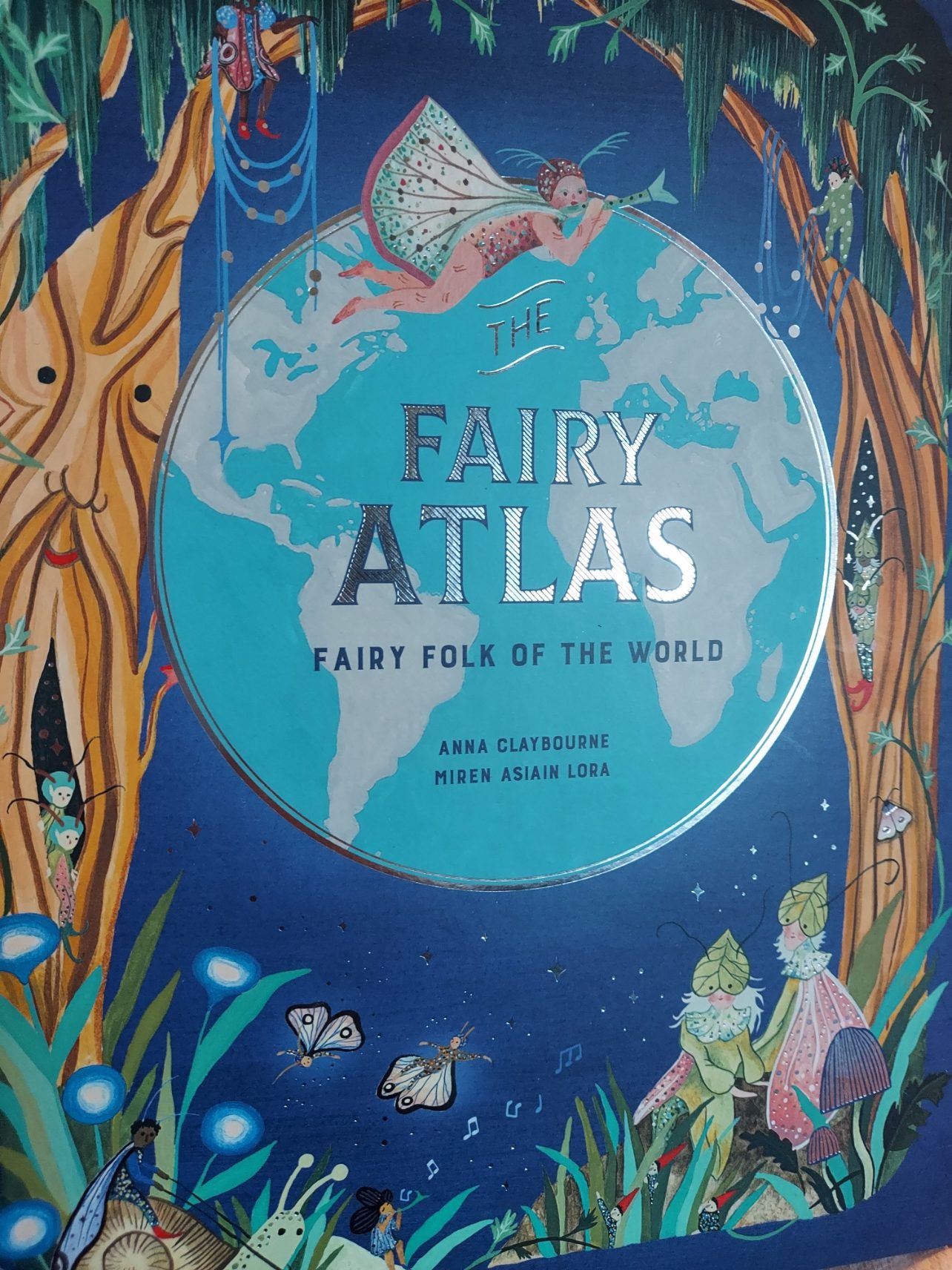
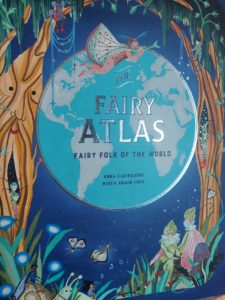
This week at the SFF Seven, we’re talking joy!
As in, three things that give us joy. As many of you know, I’m a big fan of making decisions based on what will yield the greatest happiness. Thus choosing the happy means a lot of things in my life bring me joy. But I’ll try to keep it finite.
I am so blessed.
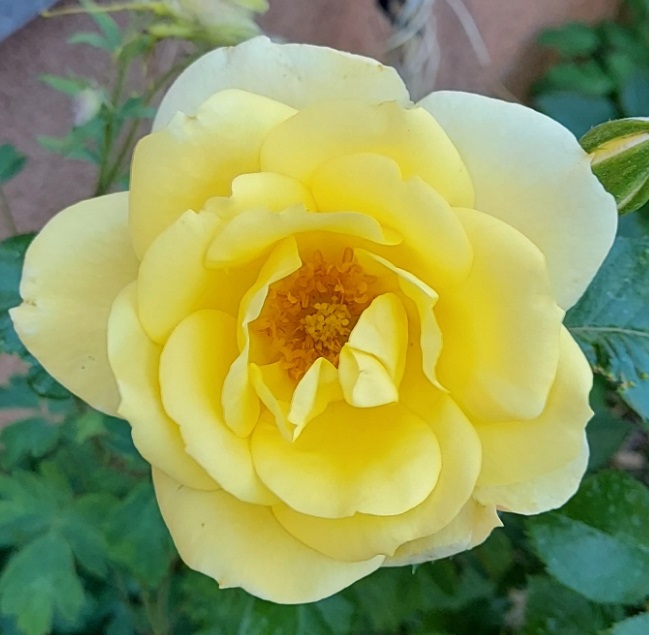
This week at the SFF Seven we’re discussing what we were supposed to be – the vocational advice young writers get because writing doesn’t put food on the table™
I really loved KAK’s epic tale from yesterday (for some reason Google has decided I’m not allowed to comment anymore), in part because I am also not the author who Always Wanted to Be a Writer.
Not because I didn’t love reading and writing – I always, always did! – and I even won a poetry contest when I was eleven or twelve and I wrote poetry (really bad poetry) all through high school. I contributed them to the high school literary magazine, anonymously because I was a weenie. I took AP English and my teachers praised my stories and other writings.
But, dear reader, never did one person suggest that I become a writer. Nobody ever thinks that a career as a writer will put food on the table™. To be fair, it generally doesn’t, and it takes a long time to get there, unless you hit the literary equivalent of the lottery. Like all the pretty aspiring actors from the Midwest arriving in Hollywood on the bus, very few of us become superstars. Most of us get really good at waiting tables
Sometimes, though, I wish someone had suggested that as a career for me. Instead, like KAK, when I was told I could be or do anything, those suggestions shaded toward other careers. Science! Medicine! Biology! While I greatly appreciate that so many adults in my life recognized my strengths in the STEM areas and encouraged me to apply myself, I regret that I didn’t direct some of that application to writing.
See, when I was headed to college, there was a scholarship offered for someone in English/Literature. You had to write an essay and the winner got… I don’t even remember. Free ride? Fame? Glory? I can’t even remember, but I wanted it. I had this idea of surprising everyone with my sudden literary talent. So, even though I was enrolled as a pre-med student, I wrote an essay for this scholarship in the lit department.
Now, my mom and I had this back and forth then, where she HATED that I put off schoolwork until the night before. I was a terrible procrastinator – something I had to change about myself in becoming a novelist – and I’d gotten pretty good at gliding by on last-minute efforts. That’s what I did on this essay, whipping it out in a frenzy and I still thought it was brilliant.
And someone else – let’s call her Brienne Merritt – won the scholarship. You can Google her. She’s beautiful, blonde, athletic, intelligent, talented, and she won MY scholarship making her the ideal nemesis for a young me. I’m not tagging her because we aren’t friends and never were, though we have a lot of mutuals. I kind of doubt she even knows I exist. I was that gal at the party in Say Anything that comes up to Ione Skye and babbles on about how their competition made her work harder and Ione finally says, “me too!” just to be polite.
(I notice that Brienne is now a nurse, which makes for a funny reversal.)
Anyway, the advice I did get, that was the best vocational advice I received, came at the end of college from my Comparative Religious Studies advisor, Professor Hadas. I was trying to decide between many post-college paths and interests – medical school, it turns out, was not one of them – and he told me to stick with science.
I know, right? Basically the same as everyone had been telling me all along, but he had wise advice along with it. He advised me to pick a career (and post-graduate education) that would put food on the table™. He told me I was fortunate to have strengths in areas that people would pay me to work on. And that having that income security would give me a foundation to continue to learn and grow, to follow my more esoteric interests.
It was truly good advice.
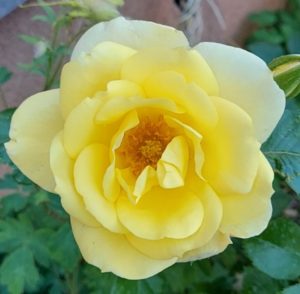

The audiobook of BRIGHT FAMILIAR is now available! And GREY MAGIC in audio will be out very soon!!
This week at the SFF Seven our topic is: Being a full-time writer – is it your dream? How do you pay for life and write, too?
In this instance we’re defining “full-time writer” as someone who doesn’t have a day job or other paying occupation that competes with writing. Most of us – unless we marry money or inherit a trust fund – continue to work jobs even after our first books are published. Sometimes for a LONG time after that. For myself, I continued to have essentially two careers for just over twenty years after my first publication.
I worked in environmental consulting while all the while carving out time and energy to write. I kept waiting for my writing income to match my day-job salary – even not figuring in benefits! – and it never got there. Eventually life made the decision for me: my primary project got axed, our team dissolved, and I was laid off with decent severance.
And I made the decision to try to have only one career at that point.
It hasn’t been easy! KAK’s post from yesterday about being exacting with a budget is super important.
This is especially true if, like her, you have only yourself to count on for income. Or if, like me, you are the primary breadwinner for your family. When authors give advice on managing finances as a full-time writer, it behooves you to pay attention to what other financial help they have. It might not be a trust fund, but having a spouse with a steady salary (and benefits!) goes a long way. Other authors live on retirement income or other, similar sources.
So, how have I done it?
1) Meticulous budgeting.
As much as I can, I budget a quarter at a time. Writing income is volatile and, unless you’re making buckets of it, you can’t count on being able to pay the bills with income from a single month as you can with a regular paycheck. As KAK mentions, you can’t figure your disposable income by simply subtracting your expenses from that month’s income. You may need that “leftover” money for next month, or the month after. The financial gymnastics require creativity and flexibility.
2) Tracking sales
Data is everything! You can’t afford to be only a dreamy creative. You have to wear your business hat and crunch the data from your royalty reports. You have to be ready to be stern with yourself and pay attention to which efforts generate income and which don’t. You may find you can’t afford those passion projects if your writing is what puts food on the table. OR, that you can afford them only if other projects are paying the bills.
3) Self-Publishing
If writing income is volatile, then income from traditional publishing has the lowest evaporation temperature. It comes, it goes – often on an annual or semi-annual basis. Quarterly is likely the most frequently you’ll get paid, and every royalty check is a surprise! Again, unless they’re cutting you BIG checks, it likely won’t be enough to live on. This is why so many trad-pubbed authors also teach or have other side gigs. Self-publishing provides monthly income. Yes, it fluctuates, but you can also track sales and predict how much money will arrive in two months. Taking the surprise out of the equation helps immensely! You’re also not subject to the whims of traditional publishing on a number of levels.
Those are three practices that have helped me manage a career as a full-time writing with essentially no other income. The other, quite obvious step, would be to make buckets of money and never have to think about budgeting again.
Maybe someday!
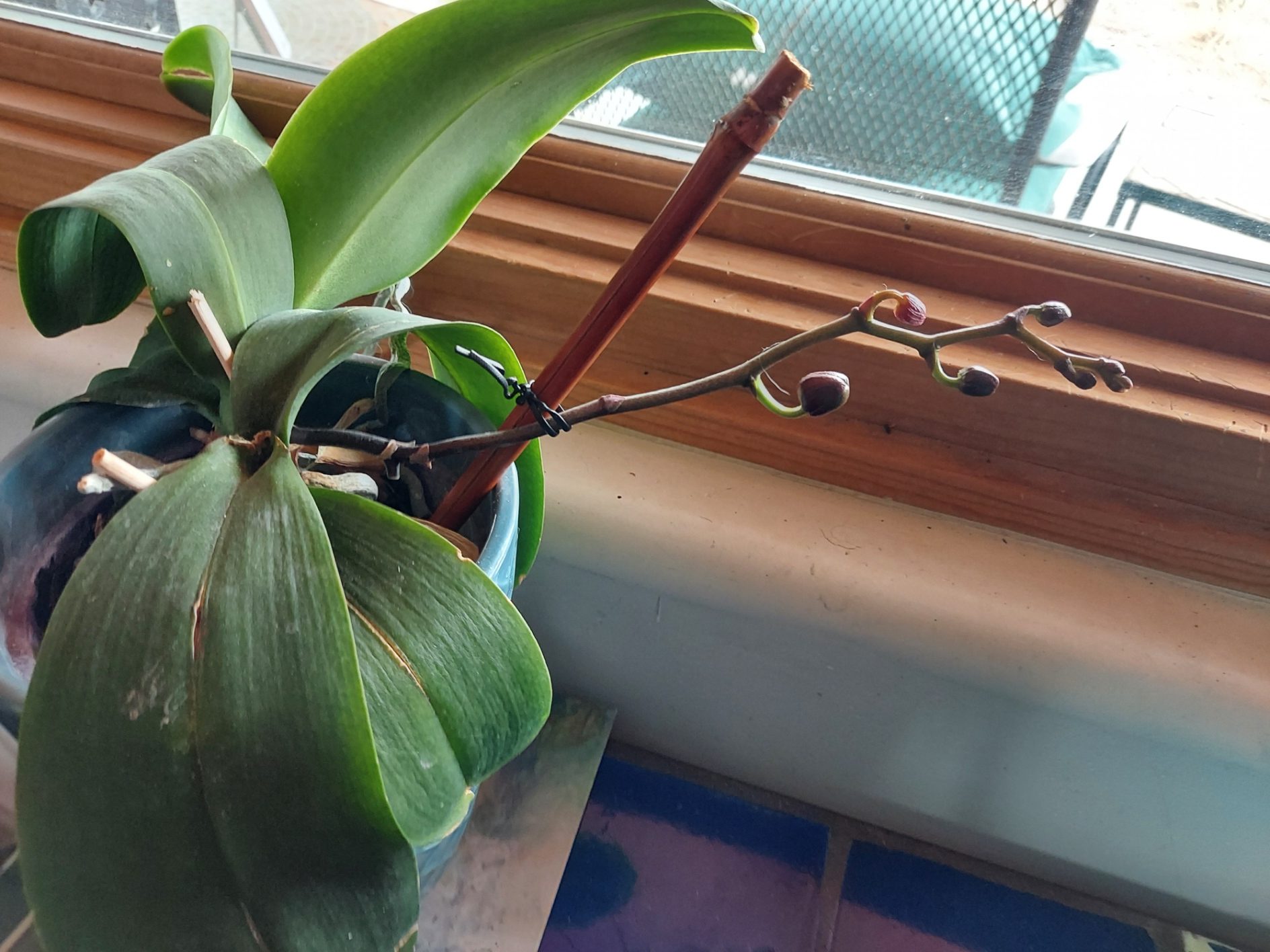
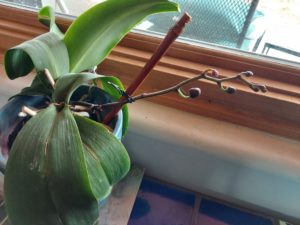
This week at the SFF Seven we’re discussing what we wish we’d known when we decided we wanted to write.
It’s an interesting question, and a fraught one. I first decided that being a writer would be the perfect career for me back in 1993. That’s almost 30 years ago, so it isn’t easy to think back to that younger self. At the time, I was completing a Ph.D. in neurophysiology and confronting the bald truth that I didn’t really want to be a research scientist. I sat myself down, meditated, and asked the question: if I took away all the if’s and’s and but’s, what would be the ideal life.
No one was more surprised than I was to hear that the answer was to be a writer. But I also knew it was a true answer and that, if I wanted to be happy, I had to do whatever it took to make that come true.
So, I cut bait on my Ph.D., got a Masters and a job as an editor/writer to start building my chops. I took night classes from visiting writers. I began writing, something, anything.
What do I wish I’d known then? It’s tempting to say I wish I’d known how long it would take before I truly began earning a living as an author. My conception then of how long it would take was absolutely the largest lacunae of ignorance in my hopeful moonscape. I thought it would be a couple of years, not a couple of decades. I totally thought I’d hit it big. I thought my steady progression of successes, for which I am grateful, make no mistake, would have a steeper upward trendline.
And yet… I’m actually glad the younger me didn’t know how protracted that effort would be, how studded with setbacks and pitfalls. Had I known, would I still have done it?
I don’t know.
Sometimes I think our ignorance at the outset of an ambitious enterprise works in our favor. Ignorance truly can be bliss, especially when it allows hope to flourish, hope that carries us through the difficult times.
Maybe what I really wish I’d known back when I made that decision is that it was the right one. But then, I knew that anyway.


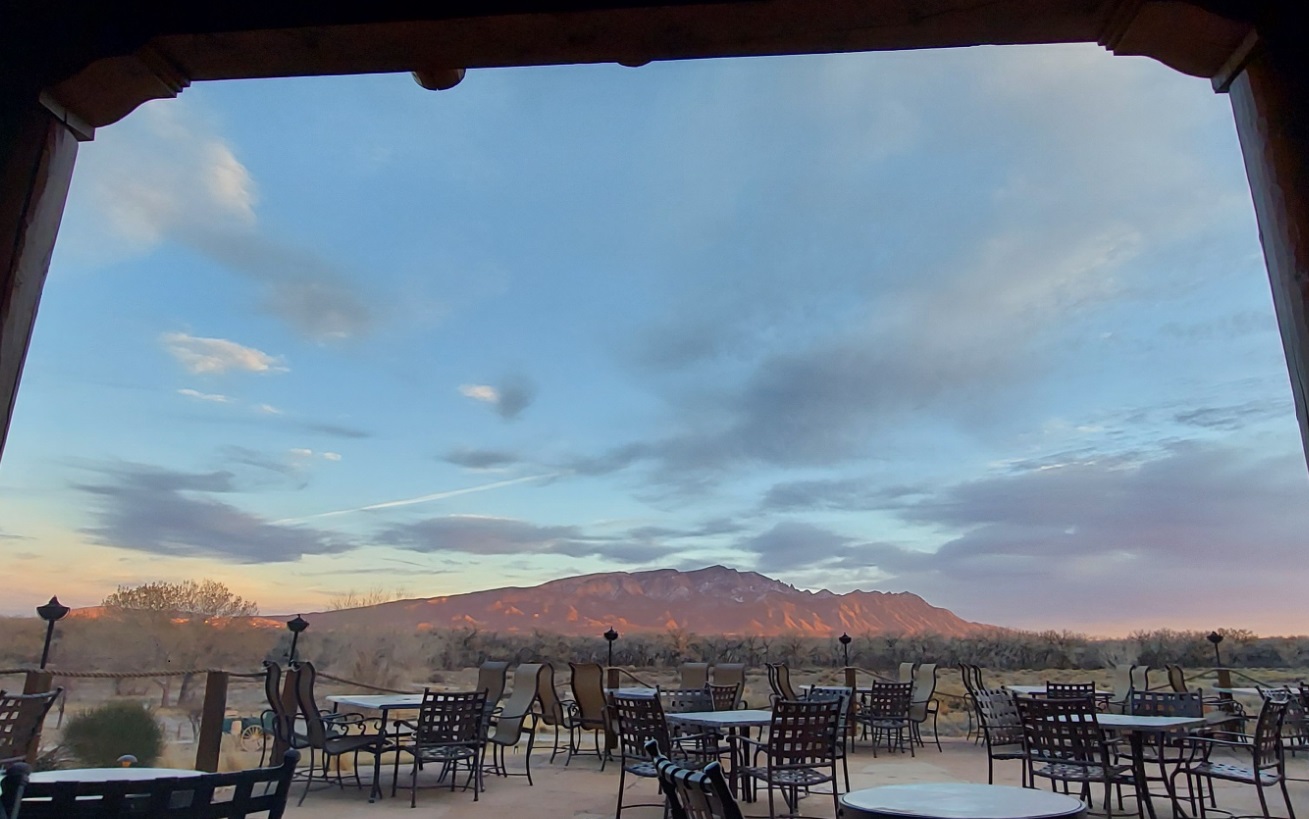
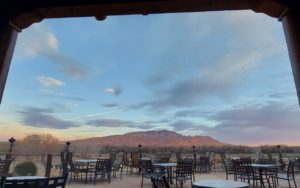


Our topic at the SFF Seven this week is: “It’s Been A Year: Pandemic Year 2, Vaccines, New Political Administration, has it affected your writing? Better? Worse?”
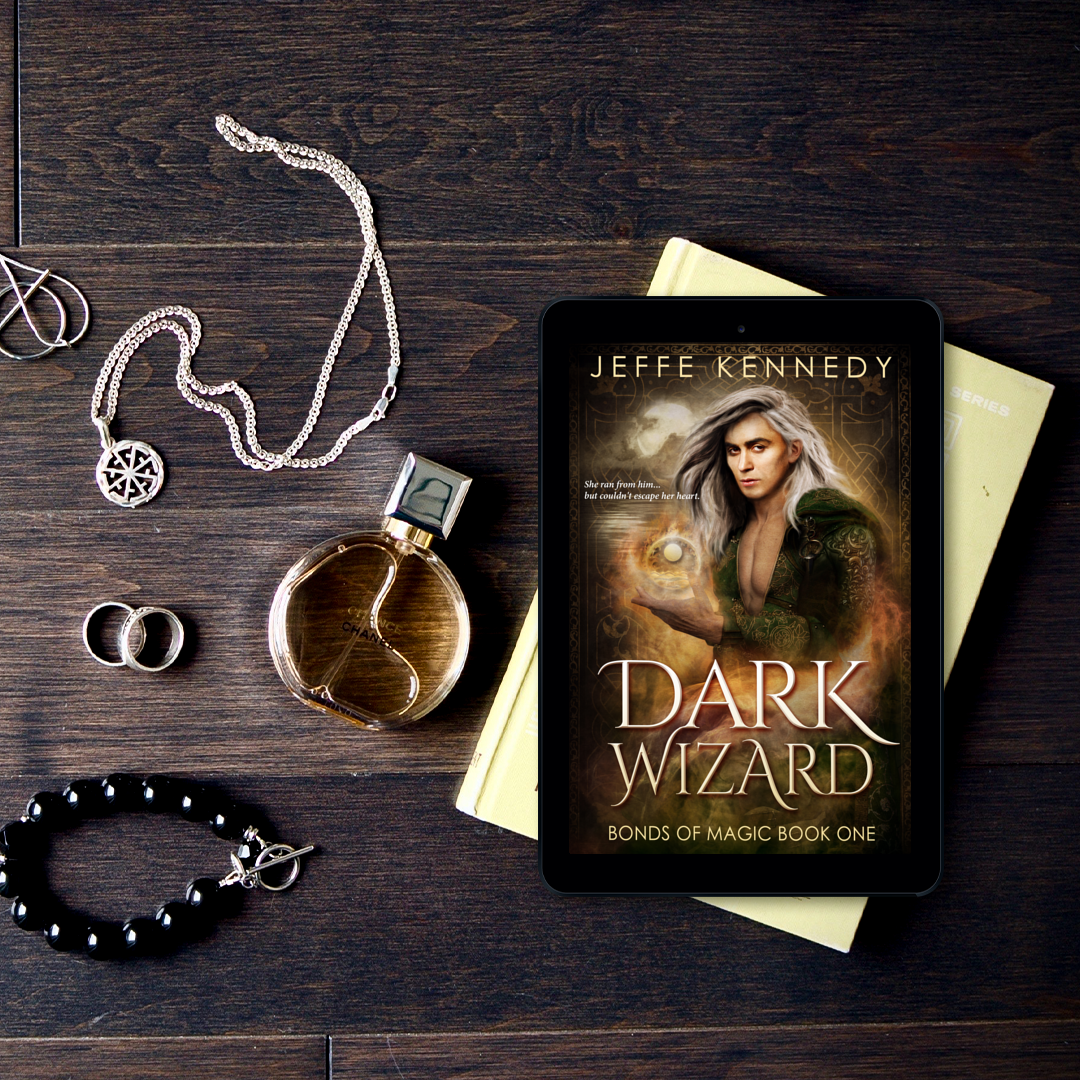
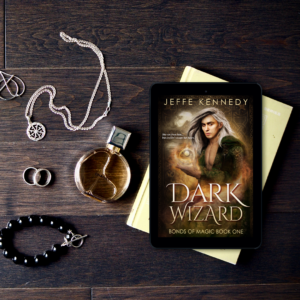
At the SFF Seven this week we’re asking: What are your favorite and least favorite things about publishing? Come on over for my least favorite and very most favorite parts of being a career author.